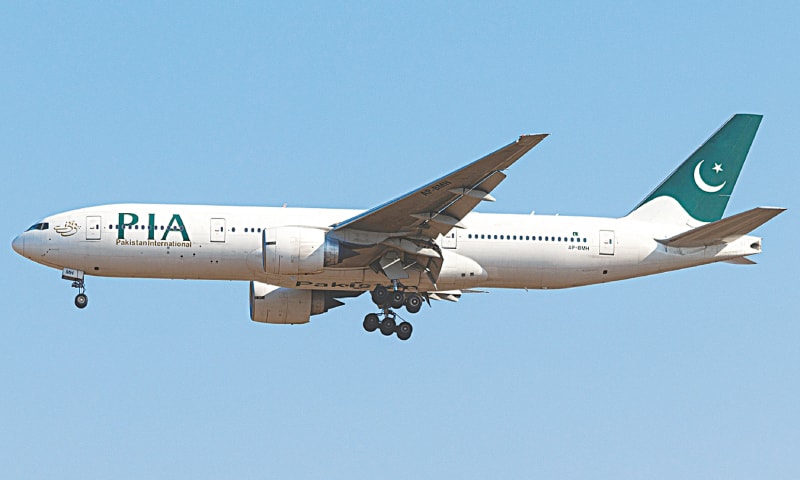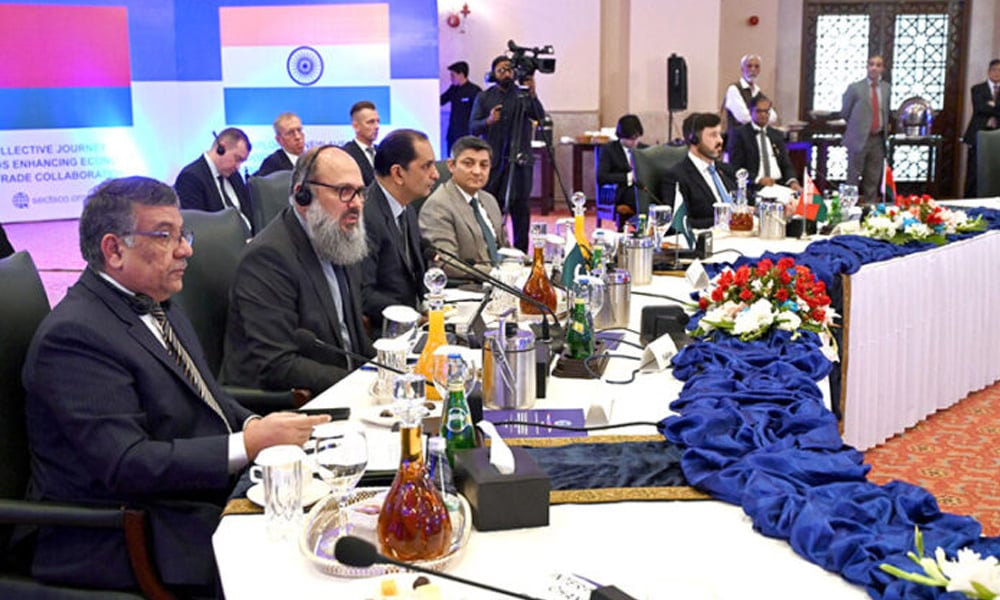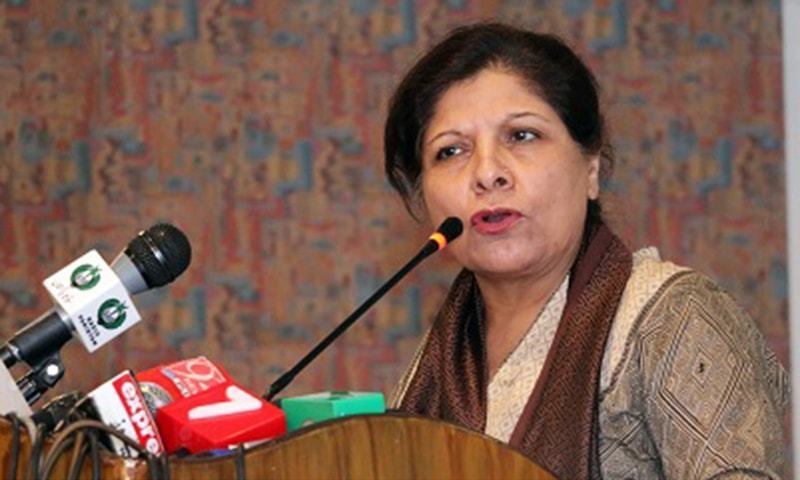The Pakistani government has unveiled a series of buyer-favorable terms for the sale of majority stakes in Pakistan International Airlines (PIA), aiming to attract potential investors amidst ongoing challenges. These proposed terms include options for partial payments and debt-funded investments, which have raised both hopes and concerns about the future of the troubled airline.
The government’s draft agreements for the sale of PIA propose that buyers could pay roughly one-third of the total sale price in cash. The remaining amount could be settled against PIA’s existing financial obligations. This approach aims to make the acquisition more attractive to investors by easing the immediate financial burden.
The draft agreements include a provision for a pause on dividend payments to shareholders for a period of three to five years. This delay is designed to allow the new management time to stabilize the airline’s financial situation before distributing profits.
The proposed agreements also allow buyers to spread their investment over three years. Additionally, buyers could finance up to 70% of the required investment through debt, with only 30% needing to come from equity. This means that for an estimated $700 million required to turn around PIA, the buyer would need to invest just $210 million in cash, with the remaining $490 million potentially raised through debt secured against PIA’s assets.
The proposed terms have drawn criticism from various quarters, particularly regarding the potential impact on PIA’s financial health. The finance ministry has expressed concerns that allowing substantial debt financing could adversely affect the balance sheet of the PIA holding company. They argue that this approach might increase the company’s volatility and financial instability.
The privatisation process for PIA has been plagued by delays. Initially set for February and then August, the new target for completing the sale is mid-October. The complexity and contentious nature of the proposed terms contribute to these delays, further complicating the privatization effort.
The draft agreements stipulate that the investment guarantee must be an irrevocable, unconditional, and on-demand commercial bank guarantee equal to one-third of the investment amount. Despite this, there are concerns based on past experiences where foreign companies failed to meet their investment commitments despite providing guarantees.
The proposed terms could also affect the government’s ability to settle PIA’s debt. The new buyer would not be required to make dividend payments during the holding period, which could hinder the government’s plans to use privatisation proceeds and dividends to address PIA’s substantial debt.
PIA has been grappling with severe financial difficulties, reporting a loss of Rs75.7 billion for the fiscal year 2022-23. This makes it one of the highest loss-making government-owned enterprises. The proposed terms for the sale are seen as a way to inject much-needed capital and operational expertise to help turn around the airline’s fortunes.
Six parties have been shortlisted for the acquisition of PIA, and they are currently conducting due diligence on the airline. The sale involves transferring 51% to 100% of PIA’s stakes along with management control, a significant move aimed at revitalizing the ailing carrier.
The draft agreements were recently reviewed by the PIA Holding Company Limited (PIAHCL) board, chaired by former central bank governor Tariq Bajwa. The Privatisation Commission and financial advisors presented the main features of the agreements, sparking a debate over the balance of risks and benefits in the proposed terms.




